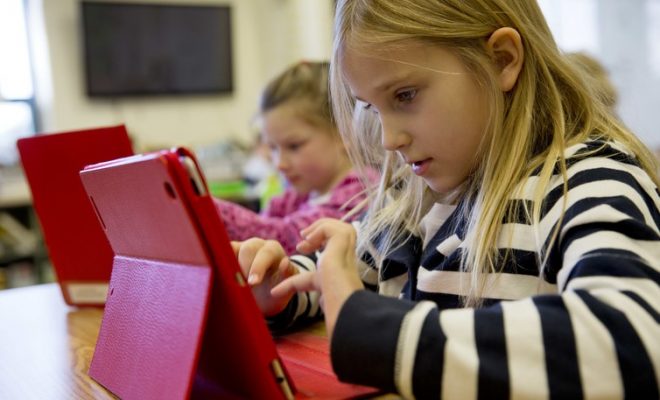Personalization: The Next Big Edtech Trend

Over the past decades, education’s focus has become primarily fixated on high-stakes testing, funding that is tied to high-stakes testing, and teacher performance pay. With so much attention on data and financial obligations, student and educator needs have easily become lost in the shuffle. Today, while the demand for testing data and state funding continues, the big trend in education is beginning to shift in favor of filling gaps in learner skills and knowledge. The data gathered from testing has often been used to identify these gaps, but it is how those gaps are filled that has caught fire in the minds of educators and administrators.
Personalized Learning
Learning personalized to every student seems a nearly impossible task. However, with the ever-increasing use in schools of online learning management systems and customizable tools, reaching individual learners is becoming more and more feasible. With that said, the use of online platforms to teach is not in and of itself a new idea; it is instead how students are being reached through these technological innovations that is the real trend. Specifically, two areas on the technology front that are gaining more traction are adaptive learning and augmented intelligence.
Adaptive Learning
Adaptive learning is, in a nutshell, learning that learns. Content is tailored, as much as possible, to unique student needs. These needs are first determined, however, through diagnostics and other forms of online assessments. Once requirements are determined, students are presented with learning paths that specifically target their unique areas in need of improvement. Because teachers often find themselves overwhelmed and unable to give each student the personalized attention he or she needs, adaptive learning via technology is beginning to trend.
Augmented Intelligence
Augmented intelligence is not to be mistaken for artificial intelligence. Rather than replacing human intelligence, augmented intelligence works to help humans do tasks faster and more efficiently. In education, this may come in the form of virtual auto-graded activities or through providing immediate feedback in response to online student engagement, such as paper submissions or discussion posts. By taking this simple yet critical task off the plates of teachers, once again, personalized learning becomes more feasible. As the result of educator feedback, and due to high demand, creating and disseminating this type of aid has thus become of the primary focus of many major edtech companies.
Shifting the Focus
From the creation of online learning as a way to reach marginalized populations to the data-driven and formulaic culling of quantitative and qualitative research, trends in education involving educational technology continue to forge ahead with renewed foci. Nowhere is this more prominently seen that in the desire to personalize student learning. Coupled with successful predictive analytics, the implementation of tools such as augmented intelligence and adaptive learning paths have begun what seems to be the latest and greatest trend in both K-12 and higher education. Edtech companies take note. The demands may only increase from here, and the impact that could be made across classrooms has the opportunity to change student learning for the better.






